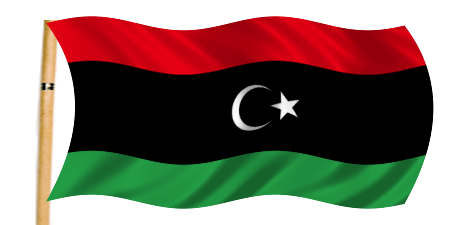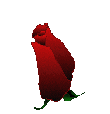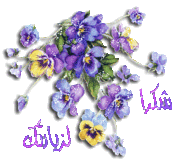بهية اللُغوية
عضو شرف


البلد : مصر
عدد المساهمات : 224
نقاط : 422
تاريخ التسجيل : 04/10/2012
 |  موضوع: What is the corpus-based approach؟ موضوع: What is the corpus-based approach؟  2012-10-07, 12:17 2012-10-07, 12:17 | |
| ؟What is the corpus-based approach?
Until recently many investigations of language use were either unfeasible or simply impossible. The corpus-based approach, however, provides a means of handling large amounts of language and keeping track of many contextual factors at the same time. It therefore has opened the way to a multitude of new investigations of language use.
Analytical approach in linguistic the essential characteristics of corpus-based analyses. Is a new perspective on language use: studying the use of language characteristics by considering the relevant "association patterns". Functional (qualitative) interpretation is also an essential step in any corpus-based analysis.
The essential characteristics of corpus-based analysis are:
• It is empirical, analyzing the actual patterns of use in natural texts;
• It utilizes a large and principled collection of natural texts, known as a "corpus" as the basis for analysis;
• It makes extensive use of computers for analysis, using both automatic and interactive techniques;
• It depends on both quantitative and qualitative analytical techniques.
Computers make it possible to identify and analyze complex patterns of language use, allowing the storage and analysis of a larger database of natural language than could be dealt with by hand.
Computers can also be used interactively, allowing the human analyst to make difficult linguistic judgments while the computer takes care of record-keeping.
Corpus-based analyses must go beyond simple counts of linguistic features. That is, it is essential to include qualitative, functional interpretations of quantitative patterns.
The goal of corpus-based investigations is not simply to report quantitative findings, but to explore the importance of these findings for learning about the patterns of language use.
A corpus-based approach allows researchers to identify and analyze complex "association patterns": the systematic ways in which linguistic features are used in association with other linguistic and non-linguistic features.Corpus-based methods can be used to study a wide variety of topics within linguistics. The core areas of linguistic structure, such as lexicography (the study of word) and grammar, can be studied from a use perspective by applying corpus-based techniques. For example, in lexicography corpus-based techniques enable examination of the linguistic and non-linguistic associations of particular words. In the past, dictionary makers generally limited their task to identifying the possible meanings of a word. Now they can also include information about the most common uses, the frequency of related words, and the contexts in which words and meanings are most commonly found. Grammatical structure can similarly be analysed from a use perspective by applying corpus-based techniques. A variety of issue in other areas of linguistics can also be addressed with corpus-based studies. For example, within sociolinguistics, corpus-based techniques allow investigations of dialect and register patterns that previously could not be addressed, such as the complex co-occurrence patterns among features in different registers. In the past, language acquisition was typically investigated through detailed case studies that relied on a small number of subjects. Now, as corpora of learners' language are compiled, studies can be based on a large number of learners, and general patterns across learners can be examined. Historical corpora now offer the opportunity to investigate the use of many linguistic features across historical periods, or to examine the development of registers over time. Corpus-based studies are also applicable to educational linguistics. The results of large-scale studies of use are helpful in designing effective materials and activities for classroom and workplace training, allowing use to help students with the language that is actually used in different target settings.
Lexicography is concerned with the meaning and use the words. Traditionally, lexicographic research investigated the meanings of words and synonyms. In more recent times, such investigations have been extended using corpus-based techniques to study the ways that words are used.
• How common are the different senses for a given word?
• Do words have systematic associations with other words?
Today, advances in computer technology have given corpus-based lexicographic research several advantages over earlier work, computers have made possible the collection and storage of very large corpora from a variety of sources. Complete texts or large chunks of texts can be stored on a computer so that analyses are not limited to sentence-length excerpts.
In addition, computers facilitate analyses that are more complete and reliable. Unlike human readers, who are likely to miss certain occurrences of a word, computers can find all the instances of a word in a corpus and generate an exhaustive list of them. THEORY AND PRACTICE IN CORPUS LINGUISTICS(Aarts ,J &Meijs, W(eds.),1990)
Corpus linguistics:
Investigating Language Structure and use (DOUGLAS BIBER ,et al,1998.Cambridge University Press)
|
|
بلال موقاي
نائب المدير


البلد : الجزائر
عدد المساهمات : 1216
نقاط : 1939
تاريخ التسجيل : 28/04/2012
الموقع : https://twitter.com/mougay13
المهنة : جامعة معسكر، الجزائر
 | |








 thank you
thank you 






